Kraeth
Kraeth:
Origin: Hailing from the eponymous home world Krathos, the Kraeth are mammalian hominids.
History: Initially plagued by in-fighting and division, the Kraeth faced self-destruction. The discovery of faster-than-light technology and terraforming equipment allowed for expansion beyond their home planet.
Conflict with Thrakians: Expansion only fueled the internal strife until they encountered the Thrakians, leading to a devastating war. The Kraeth's innovative methods of warfare emerged during this conflict.
Ultra Magi Intervention: The Ultra Magi, a sentient super-AI, intervened and convinced the warring species to unite against a greater external threat in the darkness of space. This collaboration led to the formation of the Civil Concordance, a peace treaty that lasted for millennia.
Physical Characteristics: While not the sturdiest, the Kraeth compensate with creativity and propagation. They are spread across thousands of colony worlds.
Genetic Mingling: Kraeth genetic heritage is widespread in the galaxy due to their co-mingling nature, contributing to the diversity of many civilizations.
Technological Prowess: Known for crafting innovative technology, from terraforming devices to a powerful military (DAM - Concordance's military backbone).
Home Planet Krathos: Initially unremarkable, Krathos has recovered from periods of pollution. Much of the planet is now wilderness, with heavy industry moved off-world.
A mammalian hominid species, hailing from their eponymous home world. For a time, the Kraeth seemed doomed: centuries of in-fighting left them fractured into nation-states, constantly on the verge of self-destruction. The adoption of faster-than-light technology, as well as sophisticated terraforming equipment, allowed for expansion beyond their home. At first, this seemed to resolve the issue, but it only emboldened me a half nation. Instead of fearing retaliation, they attacked each other with renewed ferocity, more concerned with preemptive strikes than mutually assured destruction. And then they encountered the Thrakians. The two species were at a similar stage of technological development, both in the early stages of extra-system colonization. But while the Kraeth were at each other’s throats, the Thrakian were homogeneous in their efforts. Each species quickly realized the threat of the other, and war began. Divided, the Kraeth colonies fell, one by one. But conflict had led the Kraeth to innovate, especially in their methods of killing and maiming. Facing an apocalyptic rout, they consolidated their forces, came to their mutual aid, and launched a stunning counterattack. The Kraeth ceased their assault upon the emergence of the Ultra Magi, the sentient super-AI: it successfully argued that the Kraeth and Thrakian losses were counterproductive in the face of older enemies awaiting them in the darkness of space. By combining their efforts, perhaps there was a greater chance of salvation for them all. The gambit worked, Kraeth and Thrakcik signing a peace treaty that would hold for millennia, and later form the basis of the Civil Concordance. *** Physically, Kraeth are not the sturdiest species in the galaxy, but they make up for it with creativity and propagation. There are a LOT of Kraeth, spread over thousands of colony worlds, both in Kraeth-controlled space, and beyond. The Kraeth have also proven to be excellent co-minglers, with a shocking amount of the galaxy’s population having at least some amount of Kraeth genetic heritage. The Kraeth have managed to craft some of the most innovative technology known - from the productive, such as their terraforming devices - to the destructive, as their powerful army has repeatedly shown. The Kraeth have helped numerous civilizations expand their reach, but also form the backbone of the Concordance’s military, the DAM. *** Kraeth itself is an unremarkable planet, mostly rocky with large oceans. Kraeth has gone through periods of pollution and decay, but as the species spread outwards, it’s atmosphere and oceans have recovered. Much of the planet is set aside as wilderness in modern times, with any heavy industry occurring off-world.
